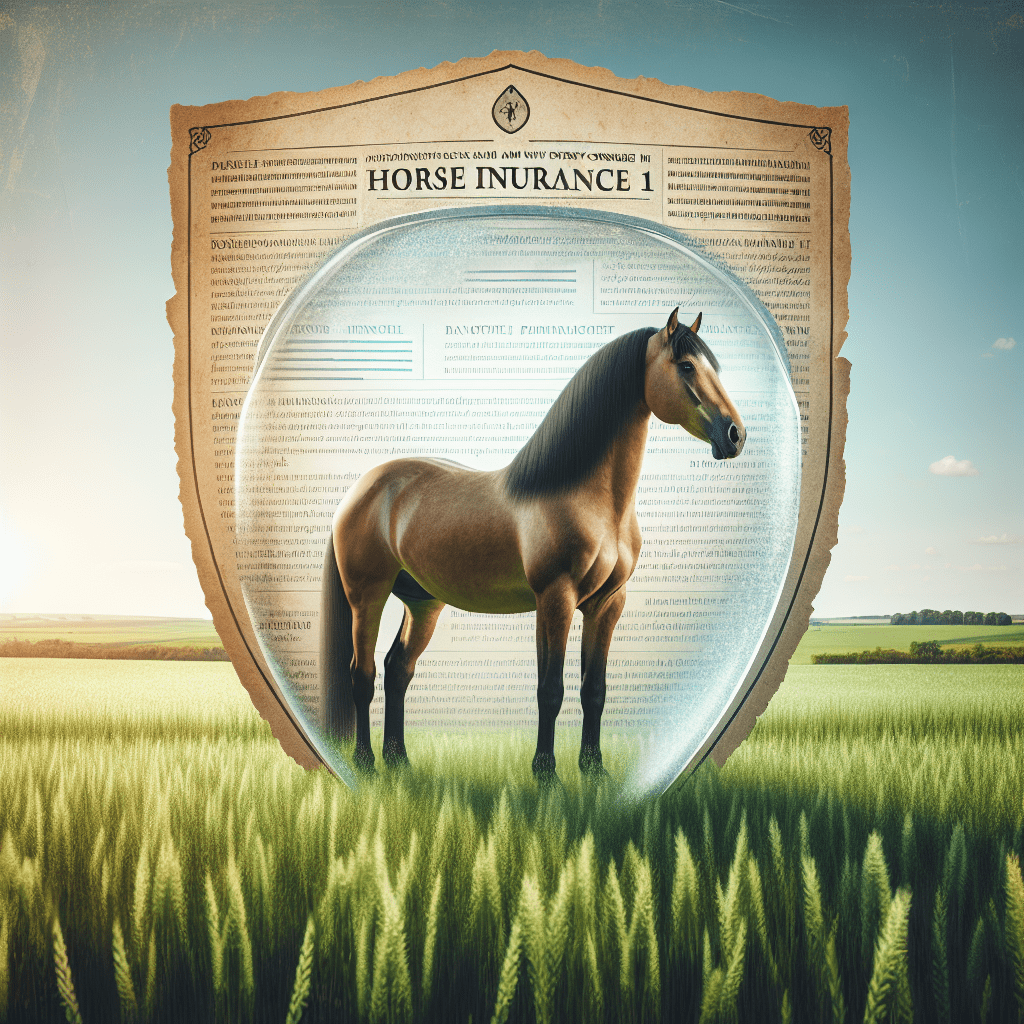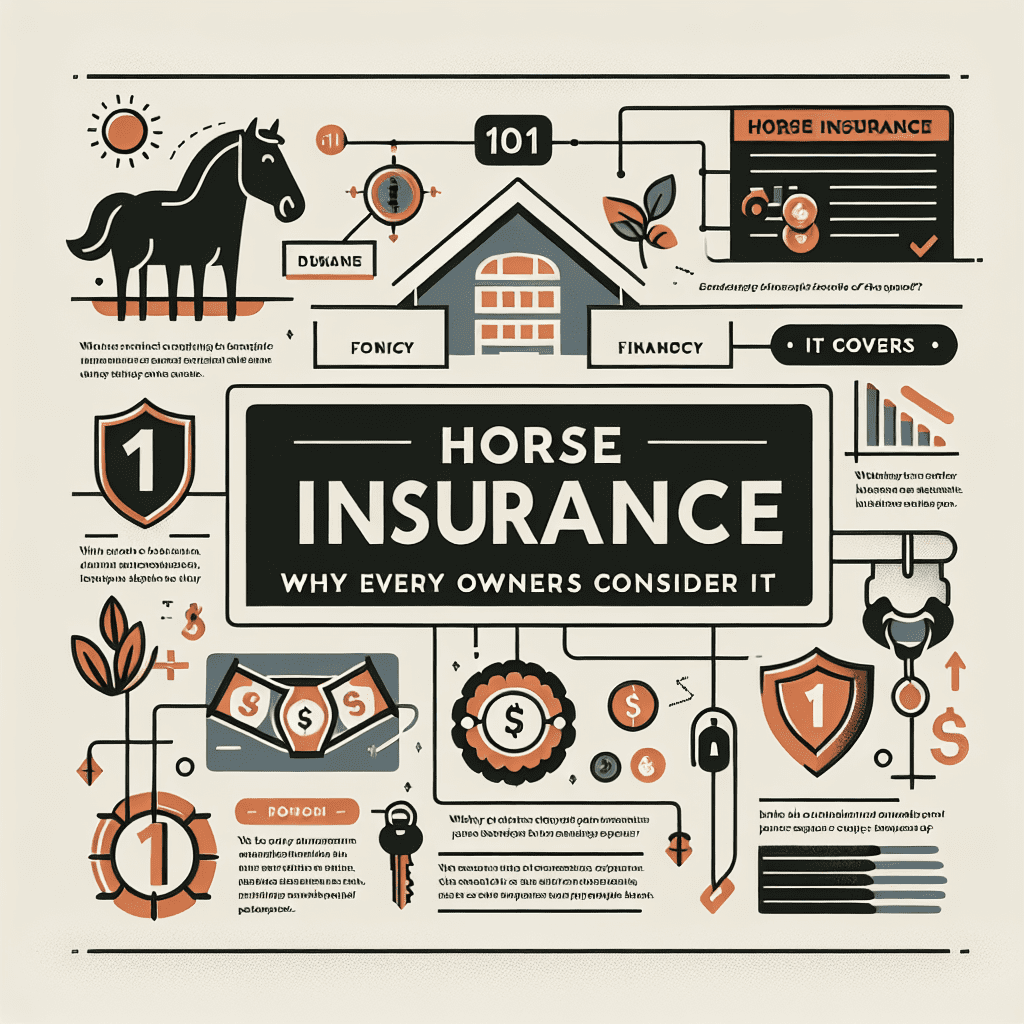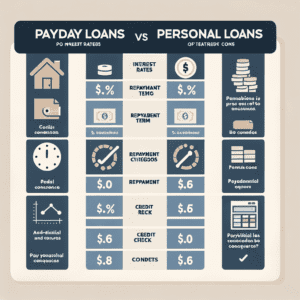“Protect Your Horse, Secure Your Investment: Understanding Horse Insurance 101.”
Understanding Horse Insurance: Coverage Options and Benefits
Owning a horse is both a privilege and a responsibility, requiring significant financial and emotional investment. Just as individuals insure their homes, vehicles, and health, horse owners should consider equine insurance to protect their investment and ensure their horse’s well-being. Horse insurance provides financial security in the event of unexpected circumstances, offering coverage for medical expenses, mortality, liability, and other potential risks. Understanding the various coverage options and their benefits is essential for making an informed decision about equine insurance.
One of the most common types of horse insurance is mortality coverage, which functions similarly to life insurance for humans. This policy reimburses the owner for the horse’s value in the event of death due to illness, injury, or accident. Some policies also cover theft, ensuring that owners are financially protected if their horse is stolen. Since horses can be valuable assets, particularly in competitive or breeding industries, mortality insurance provides peace of mind by mitigating the financial loss associated with an unexpected death.
In addition to mortality coverage, many owners opt for major medical and surgical insurance. Veterinary care for horses can be costly, especially when dealing with serious illnesses, injuries, or emergency surgeries. Major medical insurance helps cover expenses related to diagnostics, treatments, medications, and hospitalization, reducing the financial burden on the owner. Surgical insurance, which is sometimes offered as a separate policy, specifically covers the costs of surgical procedures and associated care. Given the high cost of equine medical treatments, these policies can be invaluable in ensuring that a horse receives the necessary care without placing excessive strain on the owner’s finances.
Another important type of coverage is loss of use insurance, which is particularly relevant for horses used in competitive sports, breeding, or work-related activities. This policy provides compensation if a horse becomes permanently unable to perform its intended function due to injury or illness. While it does not cover temporary conditions, it can help owners recover some of their financial investment if their horse can no longer participate in its designated role. Some policies may also include clauses that allow the insurance company to take ownership of the horse if a claim is paid, so it is crucial for owners to carefully review the terms before purchasing this type of coverage.
Liability insurance is another essential consideration, as horse ownership comes with inherent risks. Horses are large, powerful animals that can sometimes behave unpredictably, potentially causing injury to people or damage to property. Equine liability insurance protects owners from legal and financial consequences if their horse injures someone or causes property damage. This coverage is particularly important for individuals who board horses, offer riding lessons, or participate in public events, as they may be more exposed to liability risks.
Beyond these primary coverage options, additional policies are available to address specific needs. For example, some insurers offer coverage for horse trailers, tack, and equipment, ensuring that valuable assets are protected against theft, damage, or loss. Additionally, specialized policies exist for breeding-related risks, such as infertility insurance for stallions or coverage for pregnant mares and foals. By carefully assessing their individual needs and risks, horse owners can select the most appropriate insurance policies to safeguard their investment.
Ultimately, horse insurance is a crucial tool for responsible ownership, providing financial protection and ensuring that horses receive the care they need in times of crisis. While premiums and policy terms vary, the benefits of having coverage far outweigh the potential financial risks of being uninsured. By understanding the available options and selecting the right policies, horse owners can enjoy peace of mind, knowing that they are prepared for any unforeseen circumstances that may arise.
Why Every Horse Owner Should Consider Insurance: Risks and Protection

Owning a horse is both a privilege and a responsibility, requiring significant financial and emotional investment. Horses are not only valuable assets but also beloved companions, competitive athletes, and working partners. However, with ownership comes the risk of unexpected events, including illness, injury, theft, or even liability issues. Given these potential risks, horse insurance serves as a crucial safeguard, providing financial protection and peace of mind to owners. Understanding the importance of equine insurance and the risks it mitigates can help owners make informed decisions about coverage options.
One of the primary reasons horse owners should consider insurance is the high cost of veterinary care. Horses, like any living beings, are susceptible to illness and injury, and their medical treatment can be expensive. Emergency surgeries, diagnostic tests, and long-term treatments for conditions such as colic, lameness, or respiratory diseases can quickly accumulate substantial costs. Without insurance, owners may face difficult decisions regarding their horse’s care due to financial constraints. Medical and surgical coverage can help alleviate these concerns by covering a portion of veterinary expenses, ensuring that horses receive the necessary treatment without placing an undue financial burden on their owners.
Beyond medical concerns, mortality insurance is another essential consideration. Horses represent a significant financial investment, and their sudden loss due to illness, accident, or theft can be devastating. Mortality insurance provides compensation in the event of a horse’s death, helping owners recover some of their financial losses. This type of coverage is particularly valuable for those who own high-value horses, such as competitive show horses, racehorses, or breeding stock. By securing mortality insurance, owners can protect their investment and potentially reinvest in another horse if the unthinkable occurs.
In addition to health-related risks, liability concerns are another reason why horse insurance is essential. Horses are large, powerful animals, and even the most well-trained horse can behave unpredictably. If a horse causes injury to a person or damages property, the owner may be held legally responsible. Liability insurance helps cover legal fees and potential settlements in such cases, protecting owners from financial hardship. This type of coverage is particularly important for those who allow others to ride their horses, operate boarding facilities, or participate in public events. Without liability insurance, a single accident could result in significant financial and legal consequences.
Furthermore, loss of use insurance is an option that some owners may find beneficial. This coverage applies when a horse becomes permanently unable to perform its intended function due to injury or illness. For competitive riders, trainers, or breeders, a horse’s inability to compete or reproduce can result in substantial financial losses. Loss of use insurance provides compensation in such cases, helping owners manage the financial impact of losing a horse’s intended purpose. While this type of coverage may not be necessary for every owner, it is worth considering for those who rely on their horses for professional or competitive purposes.
Ultimately, horse insurance is a valuable tool that helps mitigate the financial risks associated with horse ownership. By investing in appropriate coverage, owners can ensure that they are prepared for unexpected events, allowing them to focus on the well-being and care of their horses without the added stress of financial uncertainty.
Key Factors to Consider When Choosing the Right Horse Insurance Policy
When selecting the right horse insurance policy, several key factors must be carefully evaluated to ensure comprehensive coverage that meets both the horse’s needs and the owner’s financial considerations. One of the most important aspects to assess is the type of coverage offered. Policies can vary significantly, with some providing only mortality coverage, which reimburses the owner in the event of the horse’s death due to illness, injury, or accident, while others offer more extensive protection, including medical and surgical expenses, loss of use, and liability coverage. Understanding the specific risks associated with horse ownership and determining which types of coverage are most relevant is essential in making an informed decision.
Another critical factor to consider is the horse’s value and intended use. Insurance providers typically require an assessment of the horse’s worth, which can be based on purchase price, training, competition records, or breeding potential. Horses used for high-performance activities, such as racing or show jumping, may require specialized policies that account for the increased risk of injury. Additionally, owners should evaluate whether they need coverage for loss of use, which provides compensation if the horse becomes permanently unable to perform its intended function. This type of coverage can be particularly beneficial for owners who rely on their horses for competition or breeding purposes.
Equally important is the extent of medical and surgical coverage included in the policy. Veterinary care for horses can be costly, and unexpected medical emergencies can place a significant financial burden on owners. Some policies cover only basic medical expenses, while others provide more comprehensive protection, including diagnostics, hospitalization, and rehabilitation. It is crucial to review the policy’s limits, exclusions, and deductibles to ensure that it aligns with the owner’s expectations and financial capabilities. Additionally, some insurers may impose restrictions based on the horse’s age or pre-existing conditions, which should be carefully reviewed before finalizing a policy.
Beyond medical and mortality coverage, liability insurance is another essential consideration, particularly for owners who board their horses at public facilities or participate in equestrian events. Horses can be unpredictable, and accidents involving third parties can lead to costly legal claims. Liability coverage helps protect owners from financial responsibility in the event that their horse causes injury or property damage. This type of insurance is especially important for trainers, riding instructors, and those who lease their horses to others, as it provides an added layer of financial security.
When comparing policies, it is also advisable to research the reputation and reliability of the insurance provider. Not all insurers offer the same level of customer service, and the claims process can vary significantly between companies. Reading customer reviews, seeking recommendations from other horse owners, and consulting with equine insurance specialists can provide valuable insights into an insurer’s responsiveness and willingness to honor claims. Additionally, understanding the policy’s terms and conditions, including any exclusions or waiting periods, is essential to avoid unexpected complications in the event of a claim.
Ultimately, choosing the right horse insurance policy requires a thorough assessment of the horse’s needs, the owner’s financial situation, and the level of risk involved. By carefully evaluating coverage options, policy limits, and insurer reputation, horse owners can secure a policy that provides peace of mind and financial protection. Investing in the right insurance coverage ensures that both the horse and its owner are safeguarded against unforeseen circumstances, allowing them to focus on their equestrian pursuits with confidence.
















